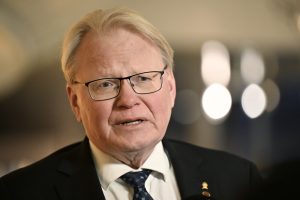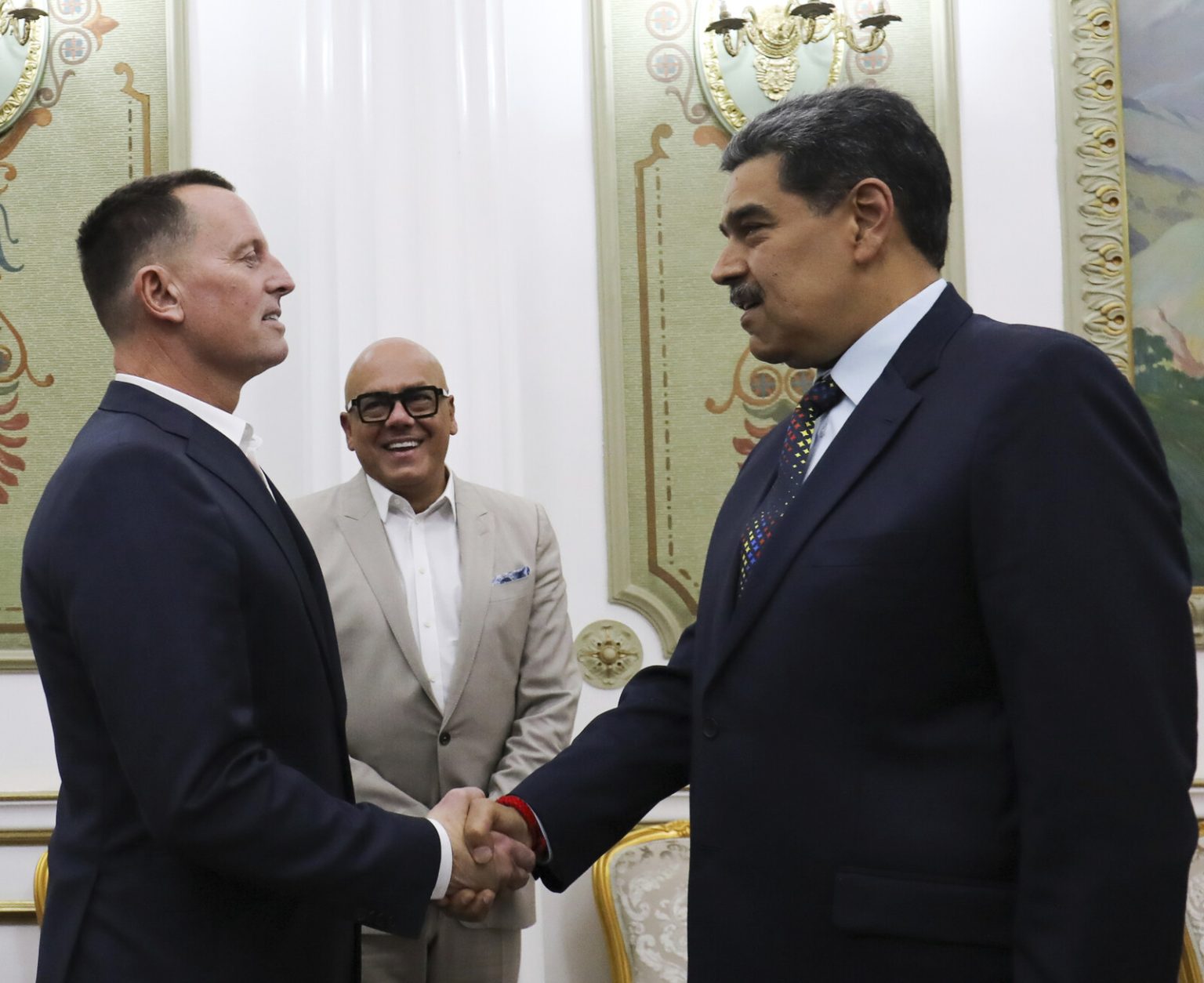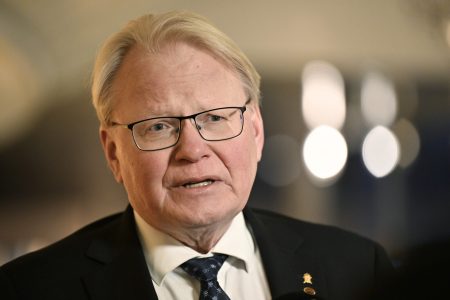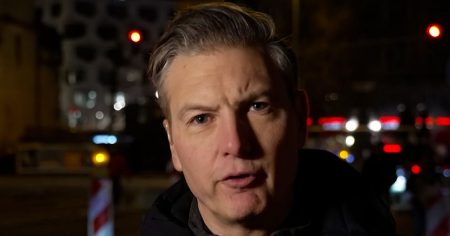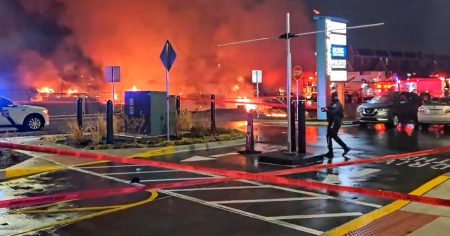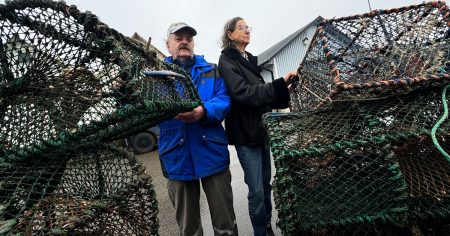The release of six American citizens detained in Venezuela marked a significant, albeit tentative, thaw in the icy relations between the United States and the Maduro regime. Orchestrated by Richard Grenell, former Acting Director of National Intelligence and US Ambassador to Germany, the release was publicized via a photograph on X (formerly Twitter) showing Grenell alongside the freed Americans aboard a plane. This image, a potent symbol of diplomatic success, underscored the complex interplay of humanitarian concerns and geopolitical strategy in the fraught relationship between the two nations. While the White House officially linked Grenell’s Caracas trip to President Trump’s efforts to deport Venezuelan nationals from the US, the prisoner release overshadowed this stated objective, highlighting a potential shift in US policy towards engagement rather than solely pressure.
Nicolás Maduro’s willingness to release the Americans, interpreted by some as a gesture of goodwill, followed his controversial third-term inauguration after a widely disputed 2022 election. International observers and numerous countries, including the United States, condemned the election as rigged, further isolating Maduro’s government on the world stage. However, Maduro’s subsequent statement expressing a desire for a ”new start” with the US, released after the meeting with Grenell, suggests a calculated attempt to ease international pressure and potentially alleviate the crippling economic sanctions imposed by Washington. The timing of the release, shortly after the disputed election and amidst escalating international criticism, raises questions about Maduro’s motivations and whether this signals a genuine shift in his stance or a tactical maneuver to gain leverage.
The backdrop of this diplomatic exchange is a Venezuela grappling with profound political and economic turmoil. The US has long imposed stringent sanctions on the country, aiming to pressure Maduro to step down and restore democratic processes. These sanctions, while intended to cripple the regime, have also exacerbated the humanitarian crisis in Venezuela, contributing to widespread shortages of essential goods and services. The country’s economic woes, fueled by mismanagement, corruption, and declining oil production, have led to hyperinflation, widespread poverty, and a mass exodus of Venezuelans seeking refuge in neighboring countries and beyond.
The 2022 election, marred by allegations of fraud and voter suppression, further deepened the political divide within Venezuela and intensified international scrutiny. The subsequent protests, met with brutal crackdowns by security forces, resulted in numerous arrests, injuries, and deaths, painting a grim picture of the human cost of the ongoing political crisis. The documented violence, including over 2,400 arrests, 28 deaths, and 200 injuries, underscores the precarious human rights situation in the country and the challenges facing any attempt at meaningful dialogue and reconciliation. These events provided a stark context for Grenell’s mission, emphasizing the urgency of addressing both the humanitarian crisis and the political impasse.
The release of the American detainees, while a positive development, represents only a small step in the complex and deeply strained relationship between the US and Venezuela. The path towards normalization remains fraught with obstacles, including deep-seated mistrust, divergent political ideologies, and the ongoing humanitarian crisis. The future trajectory of this relationship hinges on whether both sides are willing to engage in good-faith negotiations and make meaningful concessions. For the US, this involves navigating the delicate balance between maintaining pressure on the Maduro regime and exploring avenues for dialogue and humanitarian assistance.
For Maduro, the release of the Americans could signal a willingness to engage with the international community and address concerns about his legitimacy. However, his past actions and rhetoric raise questions about the sincerity of his desire for a ”new start.” The international community will be closely watching for concrete steps towards democratic reforms, including free and fair elections, respect for human rights, and addressing the humanitarian crisis. The release of the detainees offers a glimmer of hope, but the road to reconciliation remains long and uncertain, demanding sustained diplomatic efforts and a commitment to addressing the root causes of the Venezuelan crisis. The future of US-Venezuela relations hinges on the actions of both governments in the coming months and years, and whether they can move beyond this initial gesture towards meaningful and lasting change.


